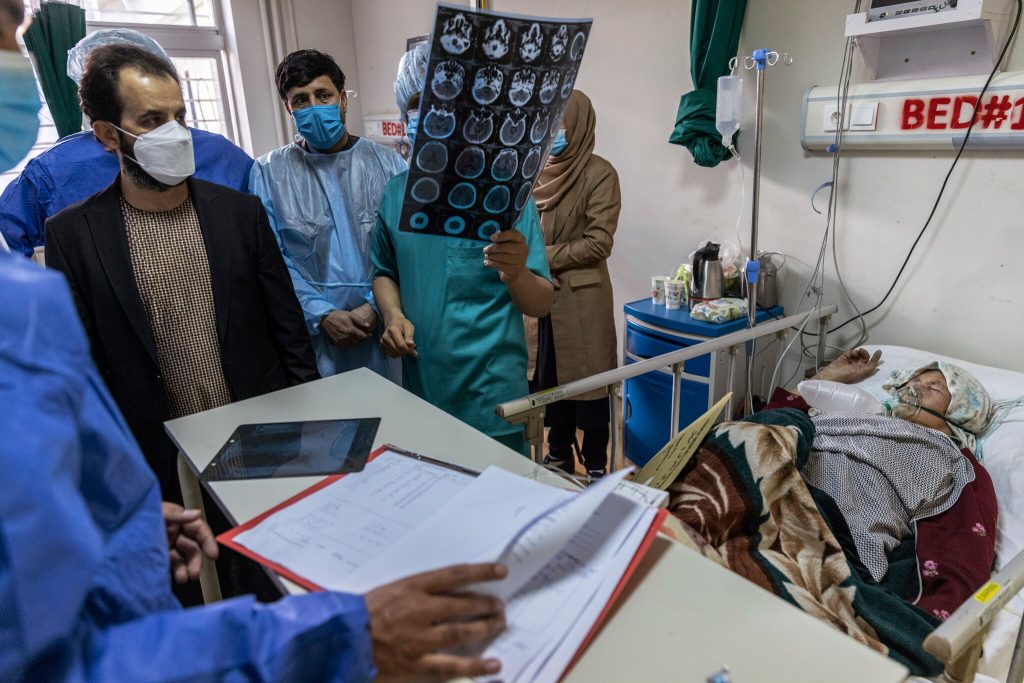Special Desk
While rule changed in Afganistan and Taliban took over the country health care has literally collapsed. Health workers are not getting salary and medicines, equipment are short in hospitals.
Conflicts have starved the country of foreign assistance. This could lead to deaths of thousands in the coming days. There are chronic food shortages too.
More than 600,000 Afghans have been displaced this year. According to UN figures, 80% of them are women and children.
Coronavirus infections are rising again, with the vast majority of the population still not fully vaccinated. A lack of reliable figures and very little testing make the impact of the pandemic difficult to gauge.
According to the UN, by August 2.2 million Afghans had been vaccinated against Covid-19. Mary-Ellen McGroarty, country director for the World Food Program, said that she had “never before seen a crisis unfold at this pace and scale.” “We are witnessing a new depth of destitution as the drought and the economic crisis drives up food and fuel prices,” she said.

UN agencies, assisted by NGOs such as the Global Fund, are trying to plug gaps in the absence of foreign assistance, which dried up when the Taliban took control of the country. The World Bank, the United States, the European Union and others suspended aid through the Afghan Health Ministry pending guarantees from the Taliban.
Also Read : People march in US for abortion rights
The EU has promised a new aid package, and a UN conference in Geneva last month raised pledges of $1 billion in assistance. But with the onset of winter weeks away, little of this aid has reached those most in need. OCHA said this week that the urgent appeal launched last month for $606 million for the most vulnerable in Afghanistan remains only 35% funded.
Agencies such as WHO have begun airlifting essential medical supplies into Afghanistan again. But it’s a race against time.
 Jubilee Post News & Views
Jubilee Post News & Views





